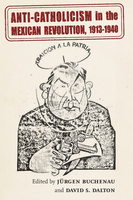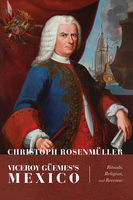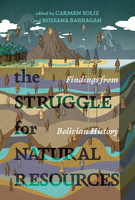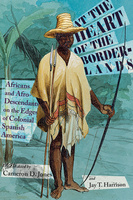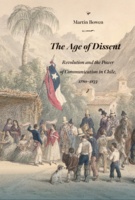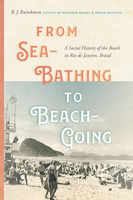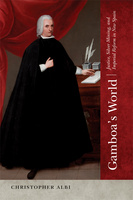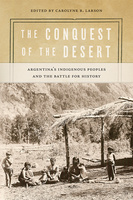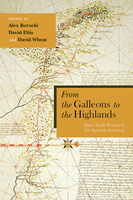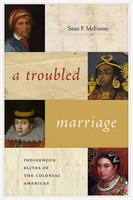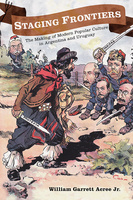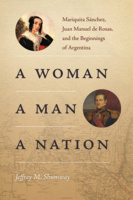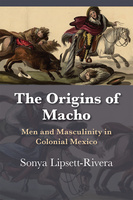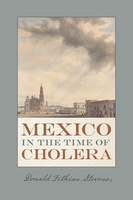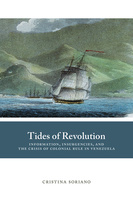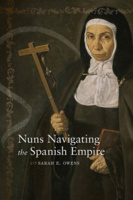Frontier Justice
State, Law, and Society in Patagonia, 1880–1940
Driving Terror
Labor, Violence, and Justice in Cold War Argentina
Anti-Catholicism in the Mexican Revolution, 1913-1940
The Struggle for Natural Resources
Findings from Bolivian History
At the Heart of the Borderlands
Africans and Afro-Descendants on the Edges of Colonial Spanish America
The Age of Dissent
Revolution and the Power of Communication in Chile, 1780–1833
From Sea-Bathing to Beach-Going
A Social History of the Beach in Rio de Janeiro, Brazil
Gamboa's World
Justice, Silver Mining, and Imperial Reform in New Spain
Gamboa's World examines the changing legal landscape of eighteenth-century Mexico through the lens of the jurist Francisco Xavier de Gamboa (1717-1794).
The Conquest of the Desert
Argentina’s Indigenous Peoples and the Battle for History
This collection explores issues of settler colonialism, Indigenous-state relations, genocide, borderlands, and Indigenous cultures and land rights through essays that reexamine one of Argentina's most important historical periods.
From the Galleons to the Highlands
Slave Trade Routes in the Spanish Americas
Students and scholars will find the comprehensive study and analysis in From the Galleons to the Highlands invaluable in examining the study of the slave trade to colonial Spanish America.
A Troubled Marriage
Indigenous Elites of the Colonial Americas
A Troubled Marriage describes the lives of native leaders whose resilience and creativity allowed them to survive and prosper in the traumatic era of European conquest and colonial rule.
Staging Frontiers
The Making of Modern Popular Culture in Argentina and Uruguay
In this expansive and engaging narrative William Acree guides readers through the deep history of popular entertainment before turning to circus culture and rural dramas that celebrated the countryside on stage.
A Woman, a Man, a Nation
Mariquita Sánchez, Juan Manuel de Rosas, and the Beginnings of Argentina
Mariquita's and Juan Manuel's lives corresponded with the major events and processes that shaped the turbulent beginnings of the Argentine nation, many of which also shaped Latin America and the Atlantic World during the Age of Revolution (1750-1850).
The Origins of Macho
Men and Masculinity in Colonial Mexico
Lipsett-Rivera traces the genesis of the Mexican macho by looking at daily interactions between Mexican men in the seventeenth and eighteenth centuries.
Mexico in the Time of Cholera
The book takes the devastating 1833 cholera epidemic as its dramatic center and expands beyond this episode to explore love, lust, lies, and midwives.
Tides of Revolution
Information, Insurgencies, and the Crisis of Colonial Rule in Venezuela
This is a book about the links between politics and literacy, and about how radical ideas spread in a world without printing presses.
Mexico City, 1808
Power, Sovereignty, and Silver in an Age of War and Revolution
Tutino offers a new vision of the political violence and social conflicts that led to the fall of silver capitalism and Mexican independence in 1821.
Murder in Mérida, 1792
Violence, Factions, and the Law
This book recounts the mystery of the Gálvez murder and its resolution, an event that captured contemporaries' imaginations throughout the Hispanic world and caused consternation on the part of authorities in both Mexico and Madrid.
Nuns Navigating the Spanish Empire
Nuns Navigating the Spanish Empire tells the remarkable story of a group of nuns who traveled halfway around the globe in the seventeenth century to establish the first female Franciscan convent in the Far East.

